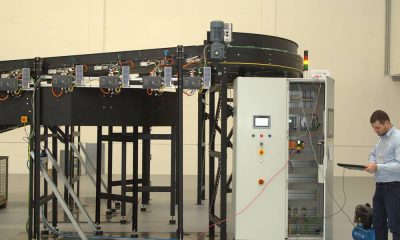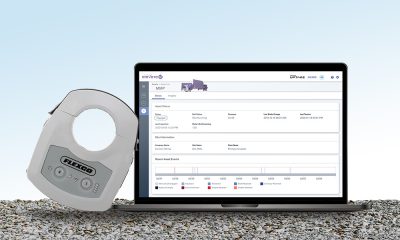Industry 4.0
Demystifying Digital Transformation in Manufacturing

To stay competitive, manufacturers must continually reinvent themselves and find new ways to improve—whether by delivering differentiated products, controlling costs, or improving quality. So, it should be no surprise that manufacturers’ pragmatic, practical need for results presents a perfect proving ground for digital transformation techniques, technologies, and processes.
New digital technologies that promise to transform manufacturing must provide improved business outcomes if they are going to become engrained in the daily operations of any organization.
Today, three factors are accelerating the adoption of digital transformation techniques, technologies, and processes: the chronic labor shortage of workers in manufacturing, customers’ requests for more product quality data on each production run that includes their orders, and customer expectations for price breaks over time.
This article looks at pragmatic strategies for applying digital transformation approaches in order to turn the industry pressures faced by manufacturing into opportunities for gaining a competitive advantage.
It’s All About People
It is easy to focus too narrowly on the word “digital.” However, real digital transformation is all about empowering people. That is particularly true at the core of manufacturing, where the goal is about improving how people get work done and how information technologies can help employees to streamline and improve the daily processes of producing high-quality products.
In my experience, 80 percent to 90 percent of a given enterprise resource planning (ERP) system implementation’s costs are for customizing a system to match how teams work. This includes change management programs, training, and continual support of new technologies that support the core ERP platform. Spending on software is a mere 10 percent of a total implementation.
The same holds true for manufacturing’s adoption of the latest digital transformation technologies, including additive manufacturing, analytics, 3D printing, the Internet of Things (IoT), machine learning, and manufacturing intelligence, to name a few. Adopting these new technologies has everything to do with change management, and the first goal is to define how they improve people’s ability to get more done in less time while capitalizing on their core strengths as contributors. (Source: automation.com)

-
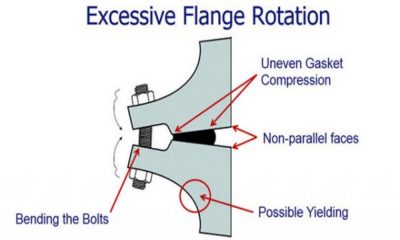
 Industrial Hardware and Machine Parts9 years ago
Industrial Hardware and Machine Parts9 years agoThe necessity of bolted flange connection training
-
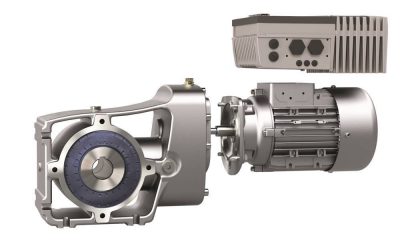
 Drive systems6 years ago
Drive systems6 years agoIntelligent frequency inverters for digital production
-
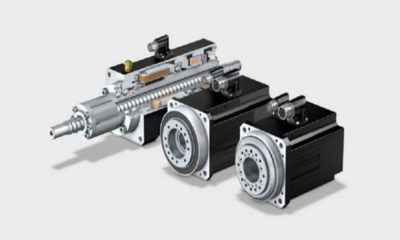
 Motors9 years ago
Motors9 years agoNew generation of hollow shaft motors
-

 Industrial Hardware and Machine Parts8 years ago
Industrial Hardware and Machine Parts8 years agoABB and Formula E partner to write the future of e-mobility
-
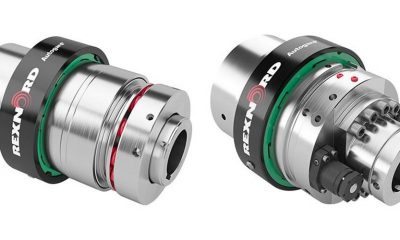
 Industrial Hardware and Machine Parts8 years ago
Industrial Hardware and Machine Parts8 years agoRexnord adds to its Autogard Torque Limiters with the XG Series
-

 Motors9 years ago
Motors9 years agoZF Technology on the Winners’ Podium of the Dakar Rally 2017
-
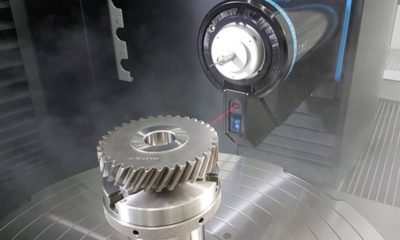
 Gear drives8 years ago
Gear drives8 years agoKlingelnberg at control 2018: Tactile and optical measurement on one machine
-
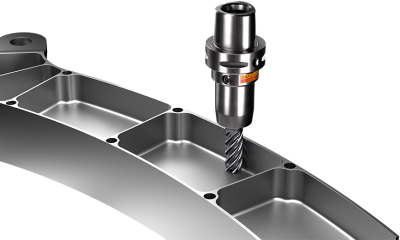
 Motors8 years ago
Motors8 years agoGet a first-class ticket to productivity
-
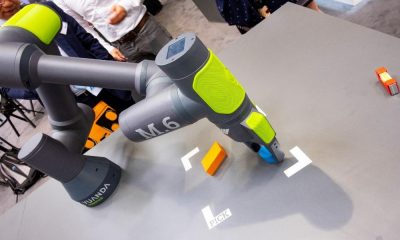
 Motion control8 years ago
Motion control8 years agoWhere the robots come from?
-
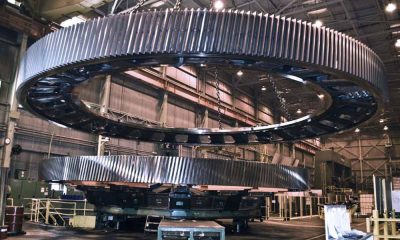
 Motion control8 years ago
Motion control8 years agoRexnord to Acquire Centa Power Transmission
-

 POWER TRANSMISSION TECHNOLOGIES5 years ago
POWER TRANSMISSION TECHNOLOGIES5 years agoEUROTRANS Board meets for its first session in 2021
-

 Industrial Hardware and Machine Parts9 years ago
Industrial Hardware and Machine Parts9 years agoCustom hobbing tool enables 45-degree angles

